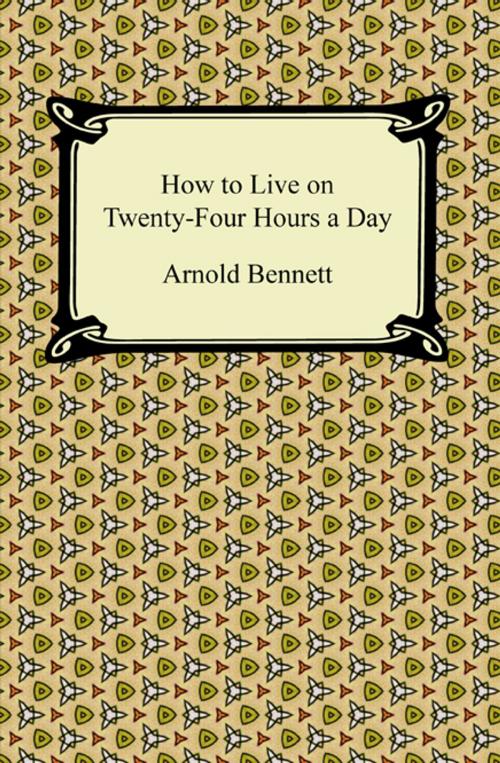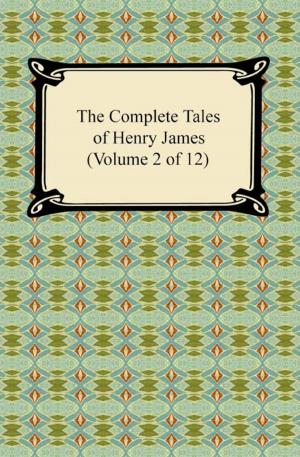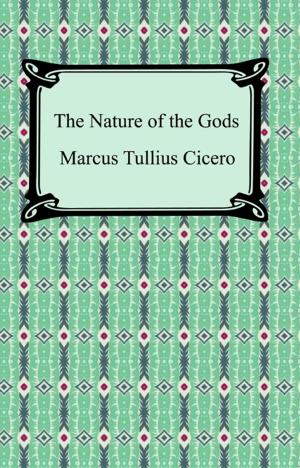| Author: | Arnold Bennett | ISBN: | 9781420901719 |
| Publisher: | Neeland Media LLC | Publication: | December 15, 2009 |
| Imprint: | Digireads.com Publishing | Language: | English |
| Author: | Arnold Bennett |
| ISBN: | 9781420901719 |
| Publisher: | Neeland Media LLC |
| Publication: | December 15, 2009 |
| Imprint: | Digireads.com Publishing |
| Language: | English |
Arnold Bennett (1867-1931) was a self-designated English novelist. He wrote an astonishing quantity in a great variety of genres but also created a broad range of themes and characters. Winning a literary competition in "Tit-Bits" magazine in 1889 was the kick-off to his literary career. The early novels of Bennett played a significant role in the transition from the Victorian to the modern novel. A contemporary of Henry James, Joseph Conrad, and Thomas Hardy, he helped to develop the realistic movement in England. In his career, Bennett won only one major literary award, the James Tait Black Memorial Prize for his work "Riceyman Steps". "How to Live on Twenty-Four Hours a Da"y is part of a larger work entitled "How to Live". In this self-help volume, Bennett offers practical advice on how one might "live" as opposed to just "existing" within the limits of twenty-four hours a day. This quaint, but appealing book gives us a view into how to live one's life long before the advent of techonology.
Arnold Bennett (1867-1931) was a self-designated English novelist. He wrote an astonishing quantity in a great variety of genres but also created a broad range of themes and characters. Winning a literary competition in "Tit-Bits" magazine in 1889 was the kick-off to his literary career. The early novels of Bennett played a significant role in the transition from the Victorian to the modern novel. A contemporary of Henry James, Joseph Conrad, and Thomas Hardy, he helped to develop the realistic movement in England. In his career, Bennett won only one major literary award, the James Tait Black Memorial Prize for his work "Riceyman Steps". "How to Live on Twenty-Four Hours a Da"y is part of a larger work entitled "How to Live". In this self-help volume, Bennett offers practical advice on how one might "live" as opposed to just "existing" within the limits of twenty-four hours a day. This quaint, but appealing book gives us a view into how to live one's life long before the advent of techonology.















